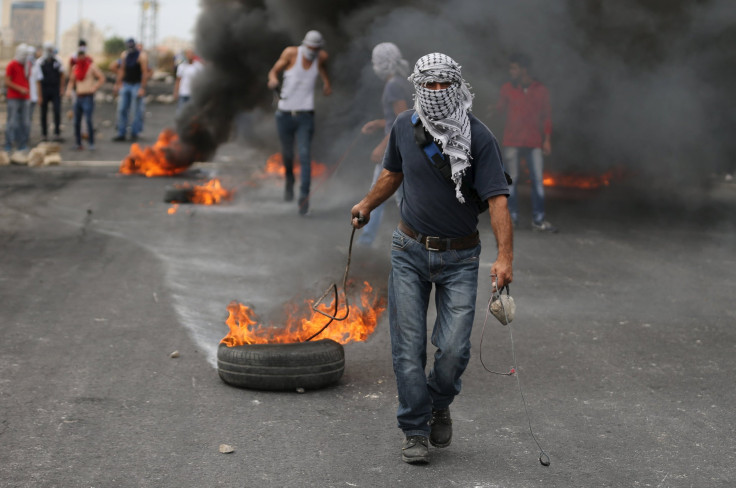Israel And Jordan Agree On Deal To Stop Jerusalem Holy Site Violence

Israel and Jordan have taken steps to end the recent spate of violence at one of holiest sites in Jerusalem. After talks Saturday with King Abdullah II of Jordan and Mahmoud Abbas, president of the Palestinian Authority, U.S. Secretary of State John Kerry said that the two countries would work with Israel to provide added security at the Temple Mount, aka the Noble Sanctuary, after religious tensions resulted in a series of stabbings and shootings between Muslim and Jewish worshippers, according to a BBC report Saturday.
“Obviously we understand there are serious additional issues, security and otherwise, between Israelis and Palestinians that must be addressed,” Kerry said. “But we agreed that this is a first step toward creating some space” in order for broader issues to be addressed, he added.
In addition, Israel agreed to an idea floated by Jordanian officials that cameras be installed to provide 24-hour video access to the site, Kerry said. Officials from the two countries were due to meet in coming days to work out the details, according to a Reuters report.
Kerry details new Israel, Jordan measures for Aqsa/Temple Mt, including 24/7 security cams https://t.co/UZJ65XB8a8 pic.twitter.com/A06GT4STq8
— Middle East Eye (@MiddleEastEye) October 24, 2015Ten Israelis have been killed and dozens injured in a string of terror attacks since the beginning of the month. At least 40 Palestinians have also died, many while carrying out stabbing attacks on Israelis and others in clashes with security forces.
The holy site, known as the Temple Mount to Jews and the Noble Sanctuary to Muslims, is a focal point of the angst that has come from the larger conflict between Israel and Palestine. Such is the level of concern over the violence in the area, where Jewish and Muslim worshippers visit side by side, Kerry met with Israeli Prime Minister Benjamin Netanyahu in Berlin Thursday to seek assurances over security.
The broader fears are that the concentrated violence at the site, where Jordan borders Israel, could spill over into geopolitical incidents and spark another regional conflict in the Gaza Strip.
© Copyright IBTimes 2024. All rights reserved.





















